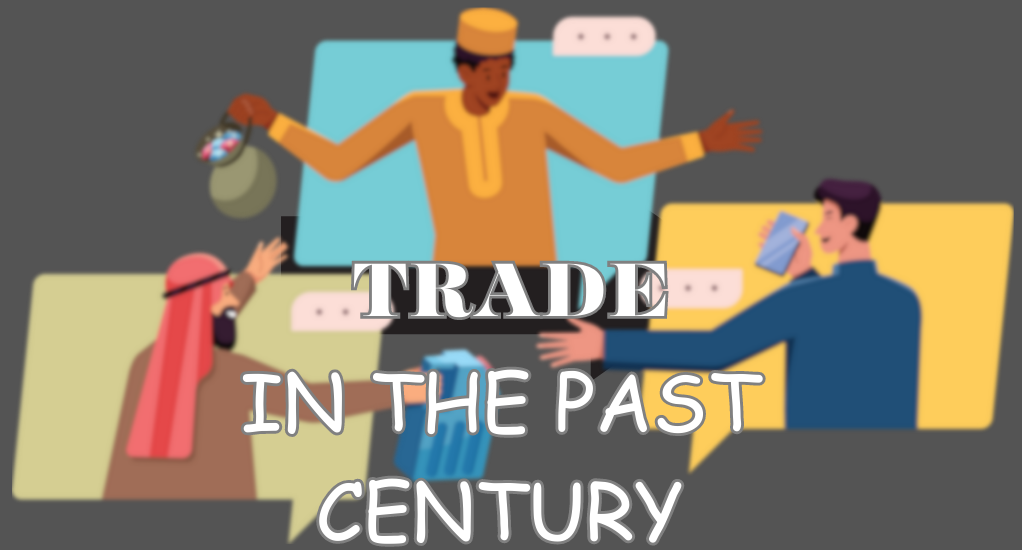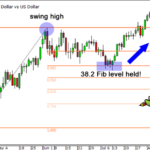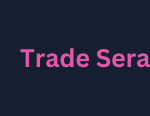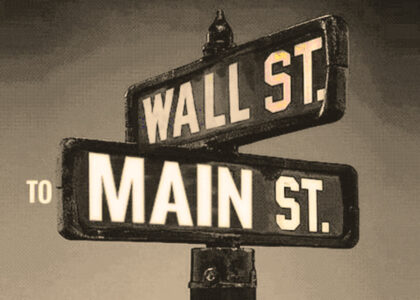Have you ever wondered about the journey of the products you buy? Not just their physical journey, but the ethical journey they’ve undertaken? In the age of information, the veil over trading practices has been lifted.
What is Ethical Trading?
Ethical trading, simply put, ensures that the products we buy are sourced, manufactured, and sold in a manner that respects both humans and the environment. It’s trading with a conscience, ensuring fairness and sustainability every step of the way.
The Shift from Traditional Trading
Remember the days when we only cared about the price and quality of products? That’s changing. Now, consumers like you and me are asking more profound questions. Where did this come from? Who made it? Were they paid fairly? What’s its environmental footprint? Such questions have paved the way for ethical trading.
Why Ethical Trading Matters
In a world driven by consumerism and profit, ethical trading emerges as a beacon of hope. The term itself may seem contemporary, perhaps even trendy, but its implications run deep. This is not about jumping on the latest bandwagon; it’s about fundamental change in how businesses operate. Let’s delve deeper into why this shift towards ethical trading is crucial in today’s world.
Impact on Environment
When we think of the Earth, we shouldn’t visualize it as a mere planet, but as a living, breathing organism. Each decision we make, especially in the realm of trade, leaves an imprint on its well-being. Here’s a metaphor: consider Earth as your family home. Would you willingly harm your home, knowing that it’s the only shelter you have?
- Conservation of Natural Resources: Ethical trading often involves sourcing products in a way that doesn’t deplete natural resources or harm ecosystems. By supporting sustainable farming or logging, for instance, we ensure that forests and farmlands remain fruitful for future generations.
- Reduced Carbon Footprint: Many ethically-traded goods minimize carbon emissions by prioritizing local production or using eco-friendly transportation. This not only reduces global warming but also promotes cleaner air and healthier living conditions.
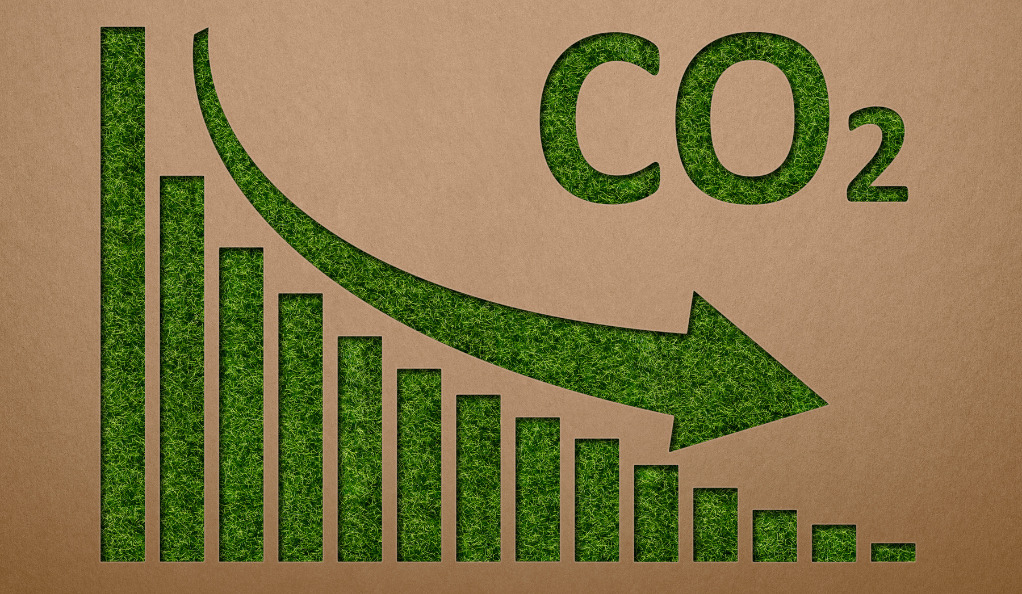
Social Consequences
At the heart of ethical trading lies a commitment to humanity. Every product we buy has a story, and more often than not, it’s a tale of multiple hands contributing to its creation. The essence of ethical trading is ensuring that these hands are not exploited.
- Fair Wages: Ethical trading enforces fair wages, enabling workers to provide for their families, educate their children, and lead dignified lives.
- Better Working Conditions: It’s not just about pay. Ethical businesses ensure safe, humane conditions for their workers. This translates to fewer workplace accidents, reduced exploitation, and a general upliftment in the quality of life for workers.
- Empowerment: Ethical trading often involves partnerships with artisan communities or small-scale producers. This provides them with a platform, empowering them to showcase their skills and crafts on a global stage.
Economic Benefits
While some critics argue that ethical trading is a costly endeavor, the long-term economic benefits can’t be ignored.
- Brand Loyalty: Consumers today are more informed than ever. They align with brands that resonate with their values. By adopting ethical practices, companies can foster deeper relationships with their consumers, leading to increased loyalty.
- Sustainable Profit: Ethical trading may involve higher upfront costs, but it often leads to sustainable profit. By investing in ethical sources and practices, companies can ensure a consistent, high-quality supply chain, leading to fewer disruptions and sustained quality.
- Market Differentiation: In a saturated market, ethics can set a brand apart. It provides a unique selling proposition, allowing businesses to stand out and capture a growing segment of conscious consumers.
The Pillars of Ethical Trading
The concept of ethical trading has surged in popularity in recent years, underpinned by consumers’ increasing desire for a more conscientious marketplace. However, for many, what constitutes “ethical” remains a nebulous concept. To clarify, let’s break down the foundational principles or ‘pillars’ that make trading genuinely ethical.
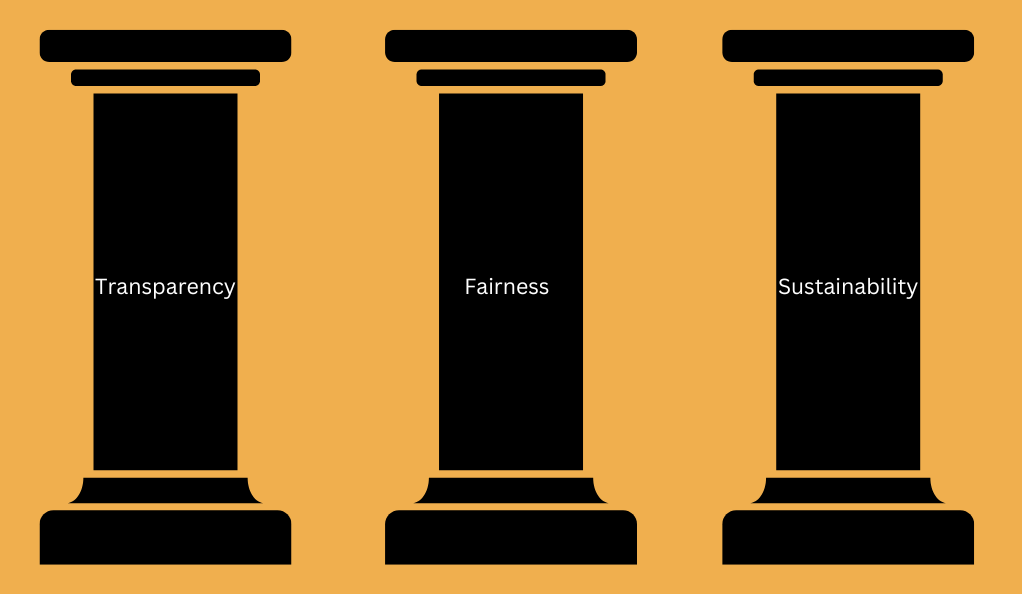
Transparency
In today’s complex world of global trade, where a product’s journey can span multiple continents and numerous processes, clarity is crucial. But why is transparency so paramount?
- Informed Decisions: When companies are transparent about their practices, consumers can make educated choices. They can align their purchasing habits with brands that resonate with their values, ensuring their money supports causes they believe in.
- Accountability: Openness ensures accountability. When businesses are upfront about their processes, they become answerable to their consumers, stakeholders, and the broader community. This accountability acts as a check, nudging firms to maintain ethical standards.
- Building Trust: In an era where skepticism towards corporations is rampant, transparency can bridge the trust gap. Brands that are forthright and honest tend to cultivate stronger, more enduring relationships with their customer base.
Fairness
Trade, at its core, is an exchange of value. But who decides this value? Fairness in trading ensures that this value is equitably distributed among all stakeholders.
- Ethical Wages: Fairness means that every worker, whether they’re picking cocoa beans in West Africa or designing packaging in New York, is compensated justly for their efforts.
- Equal Opportunities: Beyond wages, it’s about providing equal opportunities for growth and advancement. Ethical trading shuns discrimination, fostering an inclusive environment where everyone, irrespective of gender, race, or background, has an equal shot at success.
- Mutually Beneficial Transactions: For traders and suppliers, fairness ensures that transactions are not one-sided. Partnerships are forged on mutual respect, where both parties benefit and grow together.
Sustainability
While the term ‘sustainability’ is undoubtedly in vogue, its essence goes beyond mere trendiness. It’s a commitment to future generations, ensuring that our actions today pave the way for a prosperous tomorrow.
- Environmental Conservation: Sustainable trading practices prioritize eco-friendly sourcing, production, and distribution methods. This not only conserves our planet’s finite resources but also mitigates the detrimental impacts of climate change.
- Economic Viability: Sustainability isn’t restricted to the environment. It’s also about establishing economic models that are viable in the long run, ensuring businesses remain profitable without compromising on ethics.
- Social Responsibility: At the heart of sustainable trading lies a commitment to society. It’s about enriching communities, providing them with opportunities, and uplifting their standards of living.
Challenges in Ethical Trading
The ascent of ethical trading is undeniably a step in the right direction, shedding light on a new paradigm where conscience and commerce coalesce. However, like any transformative movement, it’s not devoid of challenges. As much as it promises, the journey to fully realize ethical trading is fraught with complexities and obstacles.
Overcoming Skepticism
The term “ethical” has become somewhat of a buzzword in the contemporary business landscape. While many businesses are genuinely committed, others merely ride the wave, using “ethical” as a tag to appeal to the conscious consumer. This has led to an air of skepticism around the term.
- Greenwashing Concerns: A prevalent challenge is “greenwashing,” where businesses falsely claim to be environmentally friendly. The overuse of terms like “green,” “sustainable,” or “organic” without concrete actions or verifications has muddied the waters, making it difficult for consumers to discern genuine ethical brands from impostors.
- Building Credibility: For genuine ethical traders, this skepticism poses a challenge. They must work twice as hard to establish credibility, ensuring their actions align with their claims. This often means acquiring certifications, maintaining open channels of communication with consumers, and routinely verifying their ethical standards.
- Educating Consumers: Part of overcoming skepticism is education. Ethical businesses have the added responsibility of not just selling but also informing. By sharing stories, processes, and the impact of their ethical practices, they can slowly chip away at the skepticism and foster trust.
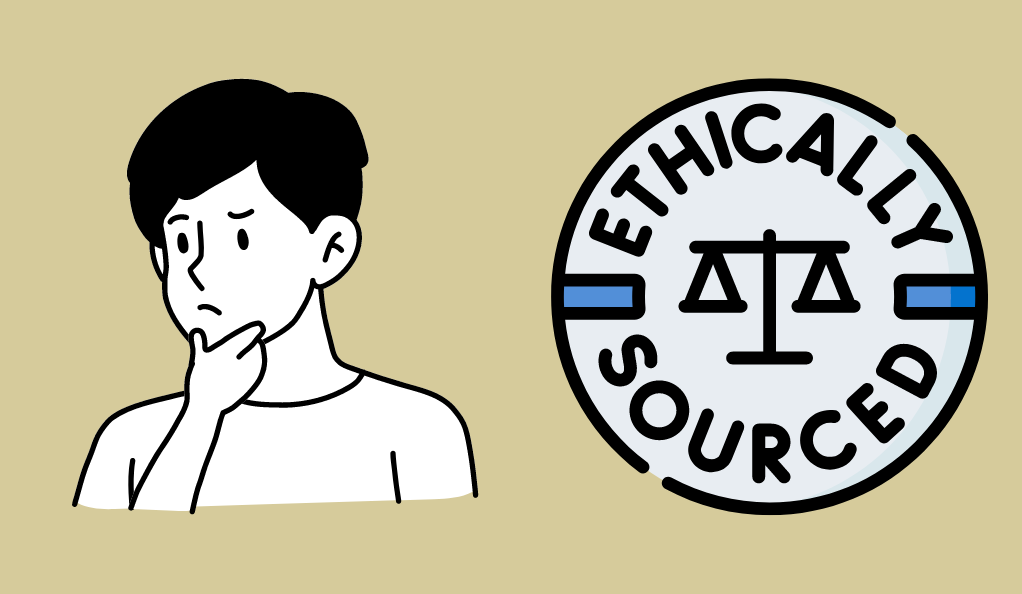
Finding Ethical Sources
Embarking on the path of ethical trading is akin to navigating a labyrinth. With multiple supply chains, vendors, and processes, ensuring every facet is ethical is an arduous task.
- Limited Availability: Depending on the industry, finding completely ethical sources can be limited. For instance, certain minerals crucial for electronics have a limited number of ethical mines.
- Higher Costs: Often, ethically sourced materials come at a premium. Whether it’s paying workers fair wages or adopting sustainable farming practices, the costs can be higher compared to conventional sources. This can pose a challenge, especially for small businesses with tighter margins.
- Verification Challenges: Even if an ethical source is identified, the challenge doesn’t end there. Businesses need to continuously verify and ensure that these sources remain ethical over time. This demands regular audits, visits, and quality checks, further straining resources.
Looking Towards the Future
Ethical trading, while rooted in age-old principles of fairness and responsibility, is also intrinsically forward-looking. It’s about setting a new standard, crafting a blueprint for commerce in the years to come. As we stand at this crossroads, envisioning the future of ethical trading becomes paramount. So, what can we anticipate?
Innovations in Ethical Trading
In the digital age, technology isn’t just a tool; it’s an ally, reshaping the very contours of ethical trading.
- Blockchain for Transparent Supply Chains: Blockchain technology, with its decentralized ledgers, offers unprecedented transparency. Each product’s journey, from its source to the shelf, can be mapped, verified, and shared. This ensures that every claim made about a product – be it its organic nature or fair trade certification – can be traced back and authenticated.
- Artificial Intelligence (AI) & Analytics: AI, coupled with data analytics, is revolutionizing the way businesses monitor and ensure ethical practices. From scanning vast amounts of data to spot potential unethical practices in supply chains to predicting areas where violations might occur in the future, AI is the watchdog of the modern ethical trading world.
- Augmented Reality (AR) for Consumer Education: Imagine pointing your smartphone at a product and immediately getting its entire ethical trading story. AR can bring the tales behind products to life, educating consumers instantly about the journey of what they’re buying and the ethics behind them.
A Brighter Tomorrow
With more companies jumping on the ethical bandwagon and consumers becoming increasingly conscious, the future looks promising. Imagine a world where every trade respects humans and the environment. Utopian? Maybe. Possible? Absolutely.
Conclusion
Ethical trading is not just the gold standard of the 21st century; it’s the way forward. It’s a reflection of our evolving consciousness, where profit doesn’t come at the expense of people or the planet. So the next time you buy something, ask yourself: Is this product a result of ethical trading?
FAQs
The primary goal is to ensure products are sourced, manufactured, and sold in ways that respect both human rights and the environment.
By purchasing products from companies that adopt ethical practices and by being informed about the origins and production methods of products.
Not necessarily. While some ethical products might be priced higher due to fair wages or sustainable materials, in the long run, the benefits often outweigh the costs.
Through regular audits, embracing transparency, and by collaborating with suppliers who share the same ethical values.
Yes, there are several certifications like Fair Trade and Rainforest Alliance that vouch for ethical practices in various industries.
ACDX.io aims to provide balanced and reliable information on cryptocurrency, finance, trading, and stocks. However, we refrain from offering financial recommendations and encourage users to conduct their own research and thorough verification.
Read More

